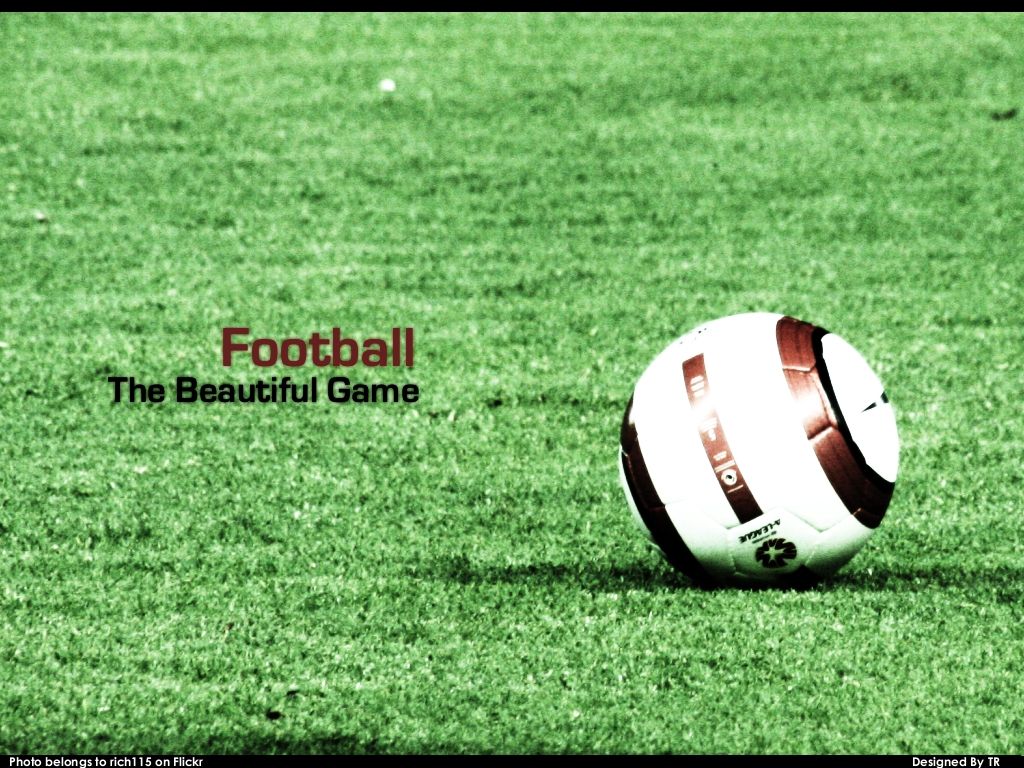In the grand spectacle of modern football, where athleticism meets artistry, a silent but growing crisis is brewing beneath the surface: fixture congestion. Legendary striker Thierry Henry recently brought this issue to the forefront, advocating for direct, educational discussions between governing bodies and active players. His plea is not just about nostalgia for a bygone era, but a vital call to protect the very essence of the sport and the well-being of its most crucial assets – the athletes themselves.
The Unforgiving Treadmill of Modern Football
Gone are the days when a player`s season comprised a manageable set of league, cup, and perhaps a European competition. Today, the elite footballer navigates a labyrinthine calendar that can push them to 60, even 70, games annually. This isn`t just an anecdotal observation; it`s a stark reality shaped by an ever-expanding array of tournaments.
- Domestic Demands: Top leagues often feature 38 games, complemented by multiple domestic cup competitions.
- Continental Conquests: The UEFA Champions League, Europa League, and Europa Conference League add a significant number of high-stakes matches.
- International Interventions: FIFA and UEFA, in their quest for new revenue streams, have introduced or expanded competitions like the UEFA Nations League and the revamped Club World Cup, layering more fixtures onto an already saturated schedule. The constant chatter about biennial World Cups or enlarged continental tournaments only adds to the looming sense of dread among players and fans alike.
The Human Cost: More Than Just Wear and Tear
Thierry Henry`s poignant recollection of arriving at major tournaments “dead — mentally, physically” and frequently injured is not an isolated lament. It`s a testament to the profound impact of this relentless schedule. Consider the modern athlete: a finely tuned machine, expected to perform at peak intensity week after week, month after month, with minimal respite.
“You don`t prepare for a competition. Normally, you should prepare for a competition like that to be able to perform at the highest level,” Henry reflected, underscoring a fundamental truth.
The consequences extend far beyond mere fatigue:
- Physical Deterioration: Increased risk of injuries, shortened careers, and long-term health issues. Muscles and joints, pushed beyond their limits, inevitably give way.
- Mental Exhaustion: The psychological toll of constant travel, pressure, and performance demands can lead to burnout, stress, and diminished enjoyment of the game.
- Diluted Quality: When players are consistently fatigued, the quality of football on display naturally suffers. Spectators, whether paying customers or casual viewers, deserve to see athletes perform at their best, not merely survive.
- National Team Impairment: Major international tournaments, often the pinnacle of a player`s career, see stars arriving battered and bruised, unable to give their all for their country.
The Siren Song of Revenue: A Battle of Ideals
It`s no secret that the proliferation of new tournaments is largely driven by financial incentives. Governing bodies see untapped markets and lucrative broadcast deals, and the answer, it seems, is always “more football.” However, this pursuit of profit often comes at the expense of player welfare and, ironically, the long-term health of the sport itself. As fellow pundit Jamie Carragher bluntly put it, new competitions like the Nations League and Club World Cup “weren`t needed. Nobody is out there asking for those competitions. They`re just providing them to make more money.”
This creates a peculiar paradox: is more football always better football? When even avid fans like Henry admit to being “tired” and skipping major finals because “too much is too much,” it signals a deeper problem than just player fatigue. It points to potential fan burnout and a diluted product. Furthermore, the financial burden on supporters, asked to invest in tickets, merchandise, and subscriptions for an ever-growing list of competitions, becomes unsustainable.
The Power of the Present: A Call for Collective Action
Henry`s most crucial point isn`t just about identifying the problem, but identifying the solution`s architects: the current players. “Do not call me, UEFA. Do not call me, FIFA. I`m not playing anymore. I don`t know how it feels anymore so speak to [Virgil] van Dijk, speak to Mo Salah. … Sit with them. Have a discussion with them. They are the actors right now.”
This isn`t about ex-players lamenting the past; it`s about empowering those who live this reality every day. Player unions, such as FIFPRO, already advocate for stricter limits on playing time and mandatory rest periods. However, the collective voice of the game`s biggest stars, united and resolute, holds immense power. The suggestion, however drastic, that players might eventually need to “refuse to play” underscores the gravity of the situation and the potential leverage they hold.
Meaningful change requires a tripartite dialogue:
- Governing Bodies (FIFA & UEFA): To genuinely listen and prioritize player welfare over short-term financial gains.
- Player Unions: To robustly represent their members` interests and push for enforceable regulations.
- Current Players: To find their collective voice, be strong, and be vocal about the need for reform.
Towards a Sustainable Future for the Beautiful Game
The issue of fixture congestion is a critical juncture for football. It`s a stark reminder that the commercialization of the sport, if left unchecked, can erode its very foundations: the health of its athletes and the enjoyment of its fans. The solution isn`t about halting progress or rejecting innovation, but about finding a sustainable balance. It`s about recognizing that the “product” itself — thrilling, high-quality football played by healthy, passionate athletes — is the most valuable asset, far more so than any new competition cobbled together for extra revenue.
As the debate rages, Henry`s call serves as a vital reminder: the time for educational discussion, driven by those who bear the brunt of the burden, is now. The future of football, its integrity, and the well-being of its stars depend on it.
The beautiful game deserves a beautiful balance, not a broken one.

